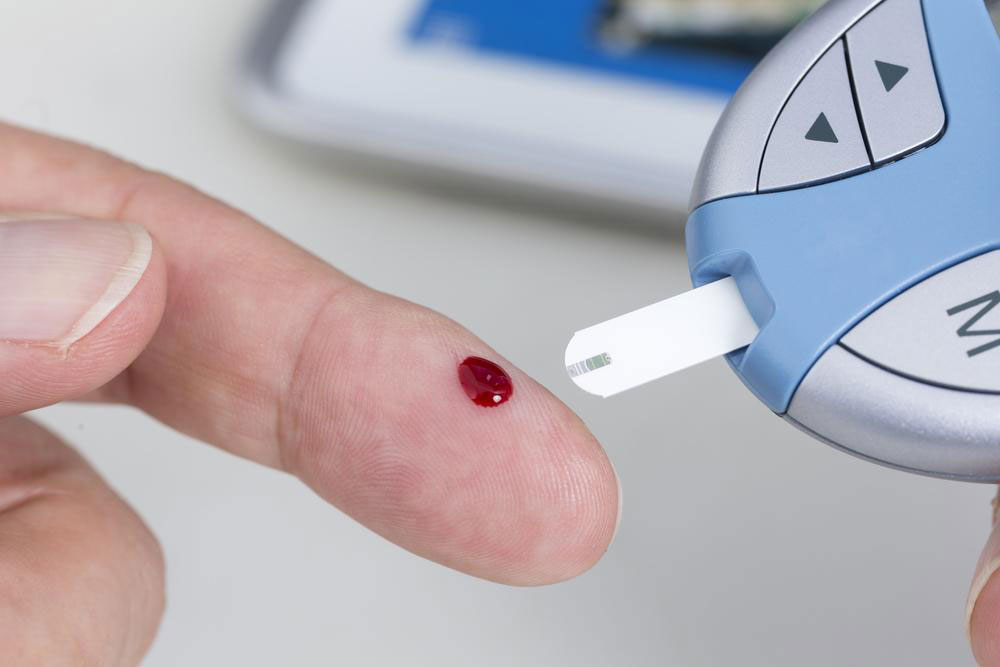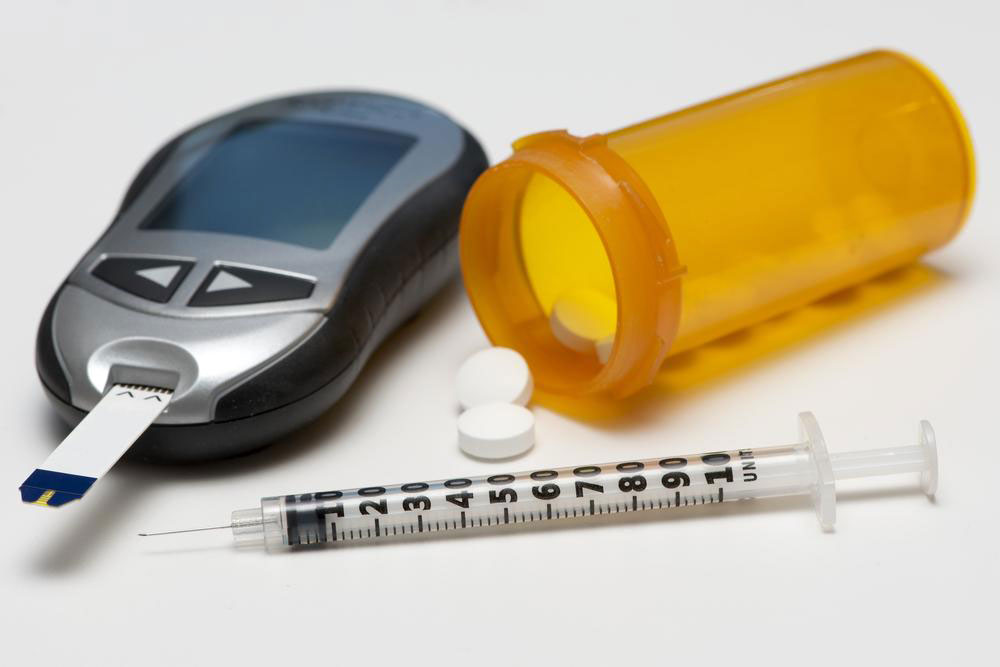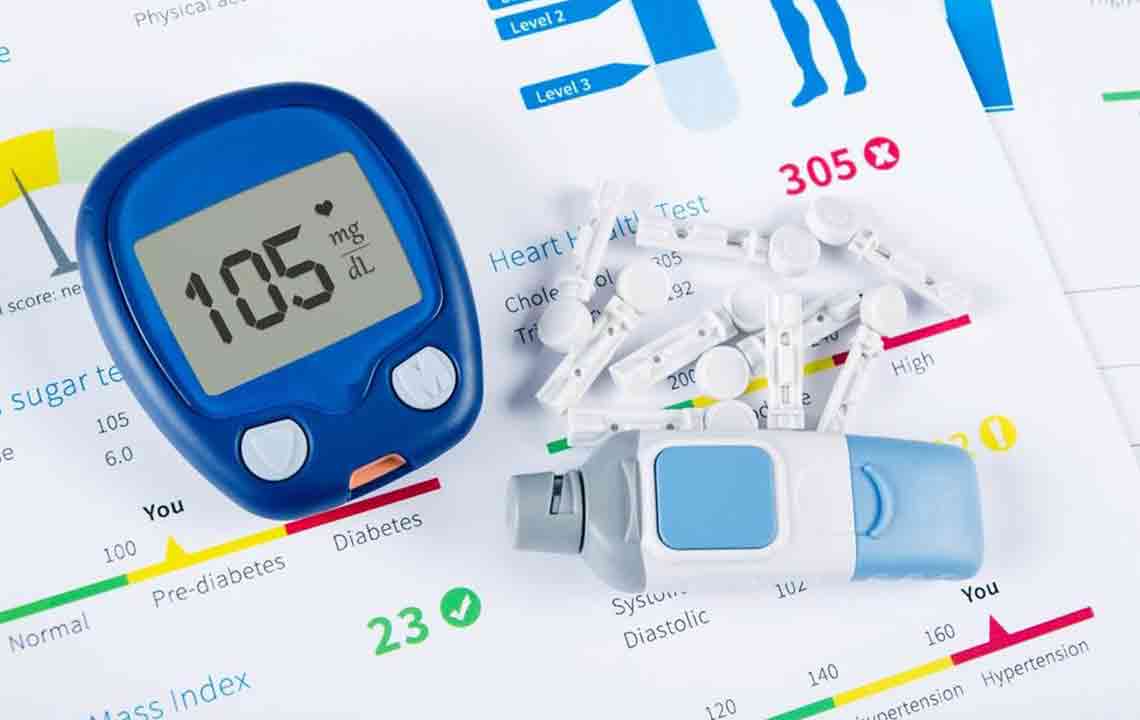Managing a Healthy Lifestyle with Type 1 Diabetes
Learn effective strategies for managing a healthy lifestyle with type 1 diabetes. This guide covers insulin management, nutrition, exercise, and essential foot and eye care, helping you maintain optimal health and prevent complications. Stay informed and take control of your health journey today.

Managing a Healthy Lifestyle with Type 1 Diabetes
Type 1 diabetes is a long-term condition where the pancreas fails to produce sufficient insulin. This results in elevated blood sugar levels. It occurs when the immune system mistakenly destroys insulin-producing beta cells in the pancreas. Typically diagnosed in children and young adults, older individuals can also be affected.
If you have type 1 diabetes, stay positive—life can still be normal and healthy.
Here are essential tips for maintaining health with type 1 diabetes:
Insulin Management Since your body isn’t producing enough insulin, daily injections are necessary. Your healthcare provider will determine the right dosage, and regular blood sugar monitoring is crucial. Additional medications may be prescribed based on your health status.
Nutrition and Physical Activity Balancing your diet and exercise routine is vital for stable blood glucose levels. Emphasize nutritious foods like vegetables, fruits, and zero-sugar options. Maintain a consistent eating schedule. Incorporate at least 30 minutes of daily exercise, such as walking, cycling, or jogging, to support overall health.
Lifestyle Choices Habits significantly influence diabetes management. Quitting smoking and limiting alcohol intake can reduce complications and improve heart health. Managing stress through relaxation techniques or seeking support for anxiety or depression is also important for overall wellness.
Eye and Foot Care Diabetes can affect vision and foot health. If you experience blurry vision, eye pain, or headaches, consult an ophthalmologist promptly. Similarly, regular foot examinations are vital to detect issues like neuropathy, ulcers, or poor blood flow, preventing serious complications.










